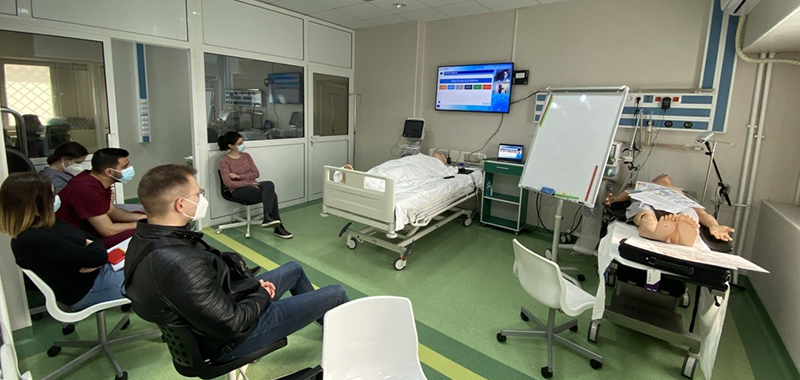
The coronavirus disease 2019 (COVID-19) pandemic has placed an unprecedented, global strain on patients, medical professionals, and institutions. This has prompted a re-think of healthcare resource utilization and spending strategy, with education being one of its most critical priorities.
In the wake of a previously underestimated coronavirus outbreak, simulation, in a myriad of forms, has emerged as the ideal tool to deliver risk-free, effective, and efficient evaluation and training in a proctored environment across many medical specialities. The European Commission rapidly responded to this educational need by funding an EU training programme in Intensive Care deployed by the European Society of Intensive Care Medicine (ESICM). Formerly aimed to support non-ICU healthcare professionals become a second line of defence against a fast-moving pandemic crisis, COVID-19 Skills Preparation Course (C19 SPACE) has proved equally useful to promote learning amongst regular intensivists, both physicians (i.e., residents in training) and nurses. The latter application chiefly constitutes the very subject of our shared experience as a simulation centre (i.e., CESIMAB – Centre of Simulation in Anaesthesia and Intensive Care Medicine Bucharest) within this still ongoing EU training initiative.
Flexible and adaptable to each participant, C19 SPACE combines immersive learning material (i.e., real ICU settings and patients through Virtual Reality cardboard headsets), webcasts, and podcasts with local face-to-face or live virtual sessions to teach a wide range of topics, including personal safety, respiratory support, hemodynamic, sepsis and team care. CESIMAB coordinated a simulation response team across four university hospitals in Bucharest to enable the initiation, execution, and performance/monitoring of the C19 SPACE curriculum. In this team, the coordination and much of the face-to-face training occurred in the Emergency Institute for Cardiovascular Diseases “Prof CC Iliescu”, which is also a member of the SAFETY project. Based on continuous trainee feedback, the original curriculum was further developed and refined to set up group projects (e.g., according to residents’ year of training) and accommodate individual differences within the same team. To this end, several supplementary assignments were incorporated to meet our trainees’ needs, including advanced mechanical ventilation on virtual simulators, point-of-care ultrasound (POCUS) on high-fidelity ultrasound manikins and theoretical refresher courses. Following the recently begun COVID-19 immunization, our local events have moved from virtual to in-person teaching and are poised to continue and expand. Over a period of 12 weeks, we have reached more than 200 doctors, with the majority represented by anaesthesiologists-intensivists (i.e., 95%) and 300 nurses, respectively. First-year Anaesthesia-intensive care medicine residents constitute nearly a quarter of all trained physicians and probably benefited the most from this quick-paced crash course on critically ill management.
Confinement measures, pivotal as they are to slow down the propagation of SARS-CoV-2, have harmed all aspects of human mobility and social interaction when medical education is most needed. This challenge has been successfully surpassed due to several multifaceted simulation programmes, of which C19 SPACE probably represents the largest and most well organized. Other Romanian simulation groups joined us in this endeavour, with SimLab Timisoara likely eliciting trained healthcare personnel’s broadest impact.
Our group’s experience confirms the growing evidence that simulation is a paramount and irreplaceable tool to help hone skills and achieve a high level of proficiency. SAFETY will offer the framework for multi-specialty simulation emergency training for improving these very same skills.



